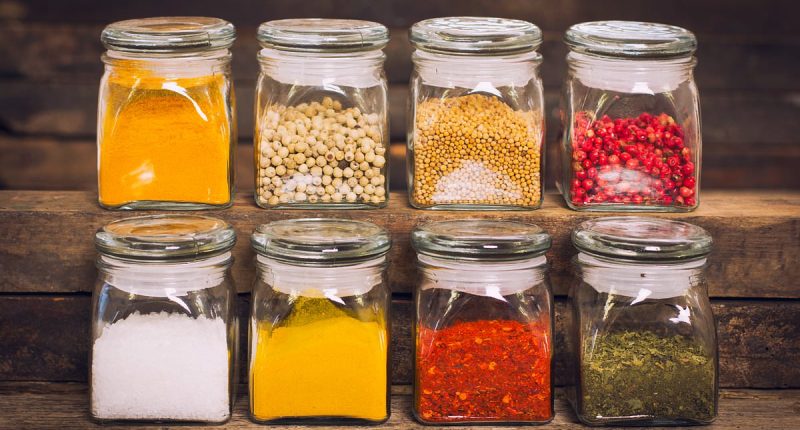Share this @internewscast.com
Adding a dose of turmeric to your daily diet might help keep bowel cancer at bay, scientists say.
A study has found that curcumin—the compound that gives turmeric its bright orange colour—can block the growth of early cancer cells in the bowel.
Experts at the University of Leicester say the spice appears to disarm rogue cells before they can multiply and form tumours, potentially preventing the disease.
They discovered that curcumin latches on to a key protein used by these dangerous cells to spread—and stops it working.
In lab tests, the team applied supplement-level doses of curcumin to bowel tissue.
The results showed the compound halted the growth of cancer stem-like cells, which are believed to be behind both the development and recurrence of tumours.
The findings, published in the journal Cancer Letters, suggest curcumin pushes these cells into a more benign state—reducing their ability to divide and take hold.
Although more research is needed, experts say the study strengthens evidence that turmeric could one day form part of bowel cancer prevention, particularly in those at higher risk.

A study has found that curcumin—the compound that gives turmeric its bright orange colour—can block the growth of early cancer cells in the bowel
The scientists also conducted separate tests and studies on mice who had been purposefully infected with cancer cells.
They found that curcumin slowed tumour growth and extended the animals’ lifespan.
The equivalent human dose to the one used in the tests would be between one-and-a-half and two grams of curcumin a day.
Turmeric powder contains roughly two to five per cent curcumin by weight—meaning a person would need to consume between 40g and 100g to get 2g of pure curcumin.
This is far more than would realistically be found in a normal diet—and for this reason, most studies use supplements which are far more concentrated.
The researchers added that turmeric has ‘low toxicity and is inexpensive, satisfying many of the requirements of an ideal preventive therapy’.
Turmeric, commonly used in Indian, Southeast Asian, and Middle Eastern cooking, has long been regarded as a cancer-fighting super food.
It is also a popular supplement, after numerous studies suggested it may have pain-relieving qualities—particularly in easing the symptoms of knee arthritis.
Cancer Research UK agrees that curcumin could have huge potential in the fight against cancer, but more investigation was needed, particularly into dosage.
On its website, it reads: ‘There is some evidence that curcumin, a substance in turmeric, can kill cancer cells in certain cancers.
‘At the moment there is no clear evidence in humans to show that turmeric or curcumin can prevent or treat cancer. Larger studies are needed.’
In the UK around 44,000 people are diagnosed with bowel cancer every year—around one person every 12 minutes—and 17,000 die from the disease.
Concerningly, The Lancet reported that there’s been a 3.6 per cent rise in cases in England, and an increase in younger adults (aged under 50) being told they have the disease.
Colorectal (bowel) cancer, long considered a disease of old age, is increasingly striking people in their 20s, 30s and 40s in the US and UK in a phenomenon that has baffled doctors.
The disease does still predominantly affect older people, with risks including a poor diet, obesity, eating too much processed meat and not enough fibre.
In April, researchers at the University of California San Diego revealed that had found a potential link between bowel cancer and E. coli, a foodborne bacteria that infects around 75,000 to 90,000 Americans each year and at least 1,500 Britons.
By analyzing DNA from young colon cancer patients, the team found unique genetic changes in their digestive tracts that appear to raise the risk of tumors forming—likely triggered during childhood, when the body is still developing.
They also detected traces of colibactin, a cancer-linked toxin produced by certain strains of E. Coli, lurking in tumors from patients under 40.
The most common source of E. Coli is undercooked ground beef, where bacteria can spread during processing.
But leafy greens like romaine and spinach are another major culprit, often contaminated in the field through tainted water or contact with livestock.
















